Young 5’s/Kindergarten
I can understand what a habitat is by sorting animals by where they live(desert, pond, jungle, polar, ocean, forest).
I can orally give one example of an animal and explain where it lives and why.
Sentence Stems:
_________________ lives ________________ because___________________.
Vocabulary: habitat, needs, survival, desert, polar, jungle, ocean, forest, pond.
First Grade
I can demonstrate knowledge of animal mimicry and biomimicry by observing various pictures of animal mimicry to explain how and why the animal is using mimicry.
I can write and draw to explain two examples of an invention that was mimicked after animals.
Vocabulary: mimicry, biomimicry, predator, prey
1-LS1-1
Second Grade
I can demonstrate comprehension of inherited plant traits by creating(drawing) a baby plant from traits from the parent plants.
I can draw and label the external parts of my baby plant that were inherited from the parent plants.
Vocabulary: inherited traits, plant parts, stem, petals, center, leaves, roots
Third Grade
I can demonstrate comprehension of the STEM Engineering process by working as a team to make a plan on how to move 10 marbles from one cup to another using only a rubber-band and string mechanism and the engineering steps(Ask, Imagine, Plan, Create, Improve, Present).
Constraints: Can only use rubber-band and string tool
Can not touch the marbles or cups with your hands
Extra Challenge: Use smaller cups /Bigger marbles
I can orally explain what went well and what my group could improve next time.
Fourth Grade
I can demonstrate comprehension of how the brain works by participating in a Mystery Science activity called “ How Does Your Brain Control Your Body” and testing my reaction time in the “Think Fast”- catching ruler activity.
I can orally explain what I learned about how the brain works and controls my body.
Vocabulary: brain, nerves, reaction, illusion, inches, centimeters
4-LS1-1
4-LS1-2
Fifth Grade -(Two week lesson-Look for pictures next week)
I can demonstrate comprehension of the components of an Ecosystem by identifying abiotic(non-living) and biotic (living) things found in various ecosystems and how they depend on each other for survival.
I can explain by creating a poster of my group’s ecosystem with the abiotic and biotic components.
Vocabulary: ecosystem, survival, abiotic, biotic, Tundra, Grassland, Swamp, Desert, Rainforest
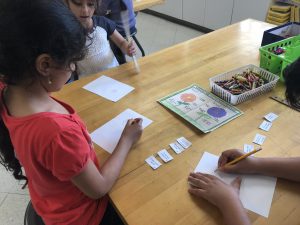
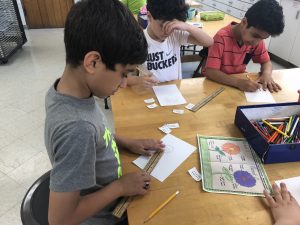
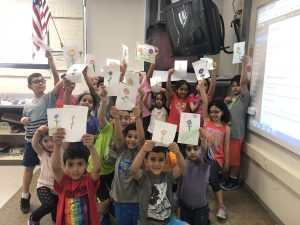
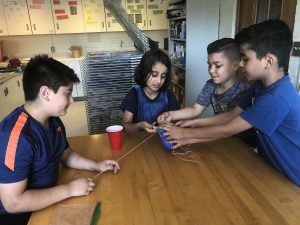
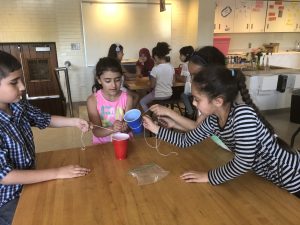
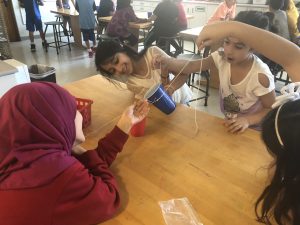
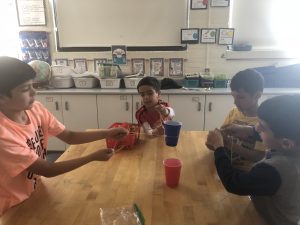
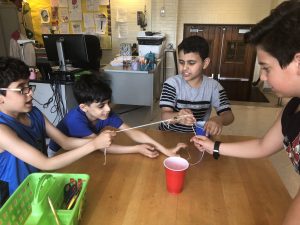
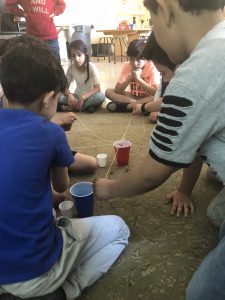
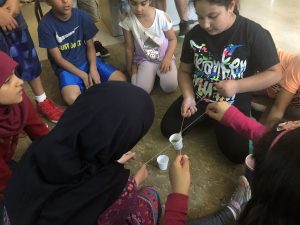
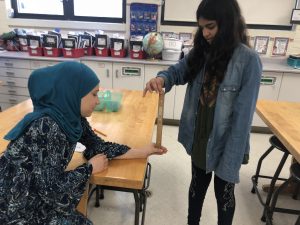
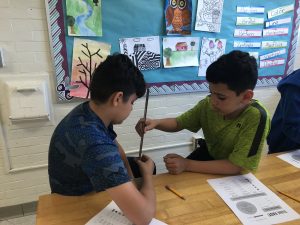
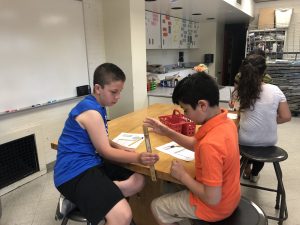
Leave a Reply